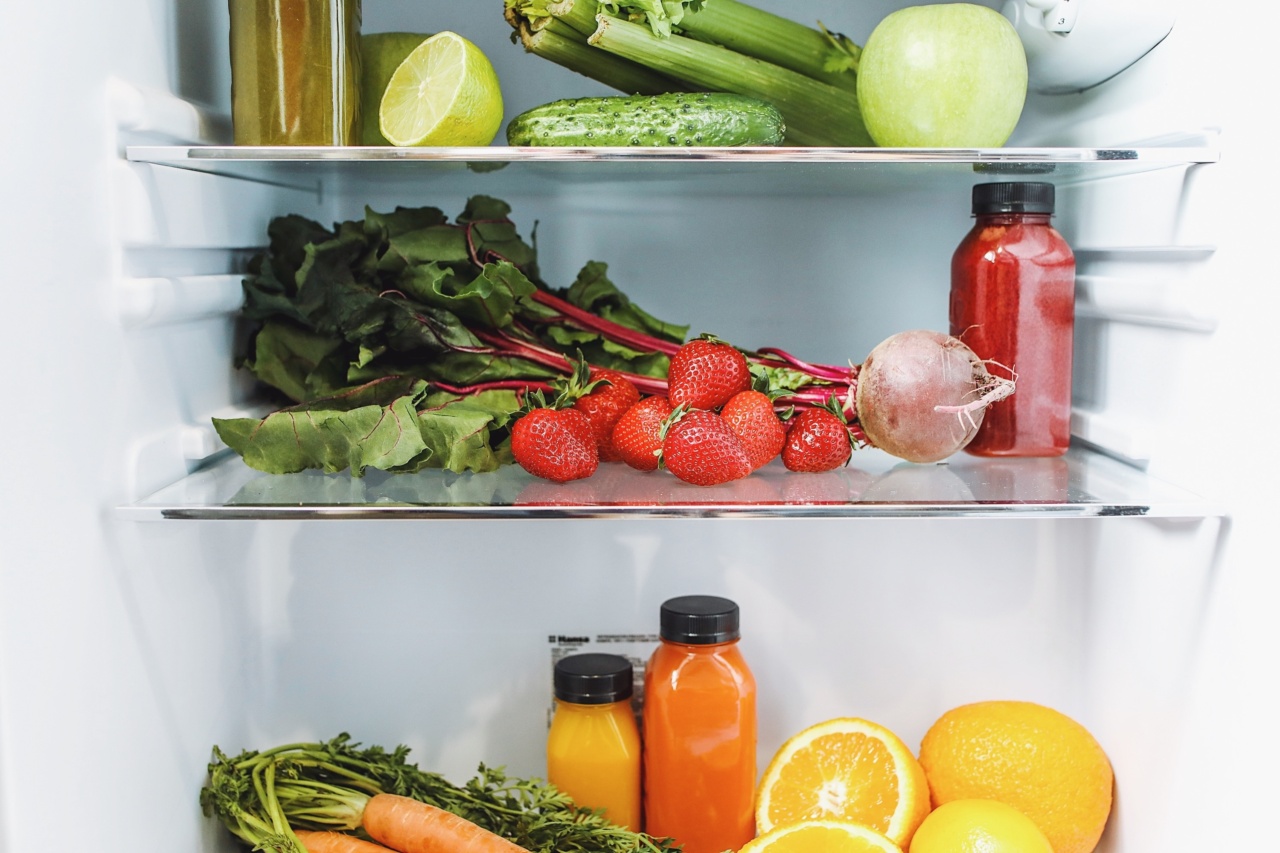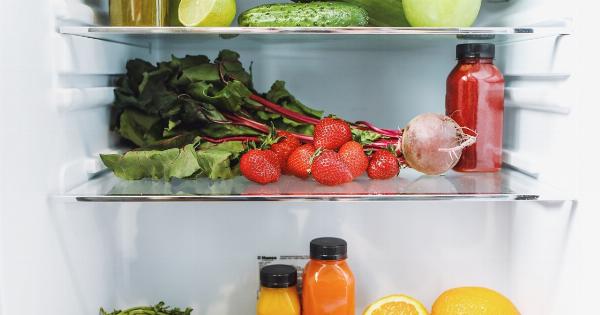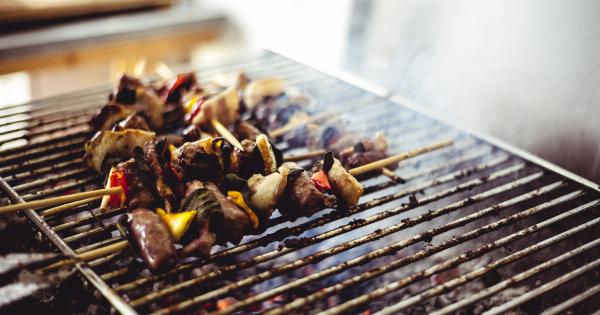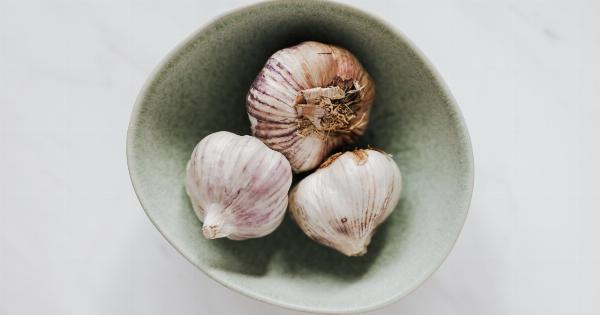The refrigerator is a common appliance used in households to keep food fresh for longer periods. However, not all fruits and vegetables thrive in the cold, damp environment of the fridge.
Some produce can actually spoil faster or lose their flavor and nutritional value when refrigerated. In this article, we will discuss ten fruits and vegetables that should not be kept in the fridge.
1. Tomatoes
Tomatoes are best kept at room temperature, as refrigeration can cause their texture to become mealy and the flavor to diminish. Cold temperatures can also alter the natural ripening process, making them less tasty.
2. Avocados
Avocados should be kept at room temperature until they are fully ripe. Once ripe, you can move them to the fridge to slow down their ripening but keep in mind that refrigeration can make the flesh turn brown more quickly.
3. Bananas
Bananas are tropical fruits that do not react well to cold temperatures. Placing them in the fridge can disrupt their ripening process, causing the peel to darken and the fruit inside to become mushy.
4. Potatoes
Potatoes should be stored in a cool, dark, and well-ventilated space, rather than in the refrigerator. Refrigeration can cause the starches in potatoes to convert to sugar more quickly, resulting in a sweet and gritty texture when cooked.
5. Onions
Onions do not require refrigeration and can actually become mushy and moldy when exposed to moisture in the fridge. It is best to store onions in a cool, dry place, away from direct sunlight.
6. Garlic
Similar to onions, garlic should be stored in a cool and dry location. Refrigeration can cause garlic cloves to sprout or become rubbery in texture, affecting its flavor and culinary qualities.
7. Citrus Fruits
Citrus fruits, such as lemons, limes, oranges, and grapefruits, can be kept at room temperature for about a week. However, if you want to extend their shelf life, you can store them in the refrigerator.
The only downside is that cold temperatures can cause the fruits to lose their juiciness.
8. Pineapple
Pineapple is a tropical fruit that should be stored at room temperature until it is fully ripe. Once ripe, you can refrigerate it, but it is best to consume it within a few days as refrigeration can cause the fruit to become dry.
9. Melons
Whole melons, such as watermelon, cantaloupe, and honeydew, should not be stored in the refrigerator. Once cut, you can refrigerate the remaining portions, but keeping the whole melon cold can cause the flesh to lose its texture and flavor.
10. Stone Fruits
Stone fruits, such as peaches, plums, and apricots, should be ripened at room temperature. Once fully ripe, they can be moved to the refrigerator to prolong their freshness, but keep in mind that cold temperatures can affect their taste and juiciness.
Conclusion
While the refrigerator is an excellent tool for preserving a wide variety of food items, it is important to know which fruits and vegetables are better off stored elsewhere.
Tomatoes, avocados, bananas, potatoes, onions, garlic, citrus fruits, pineapple, melons, and stone fruits are all examples of produce that should not be kept in the fridge. By storing these items properly, you can ensure that they retain their flavor, texture, and nutritional value for longer periods.




























